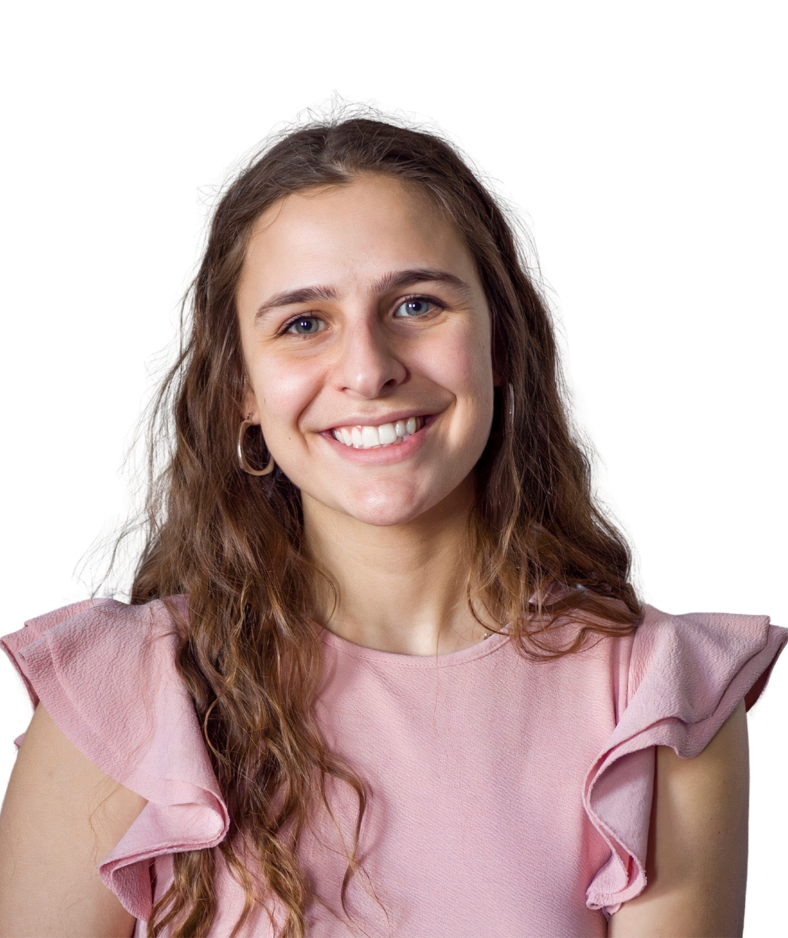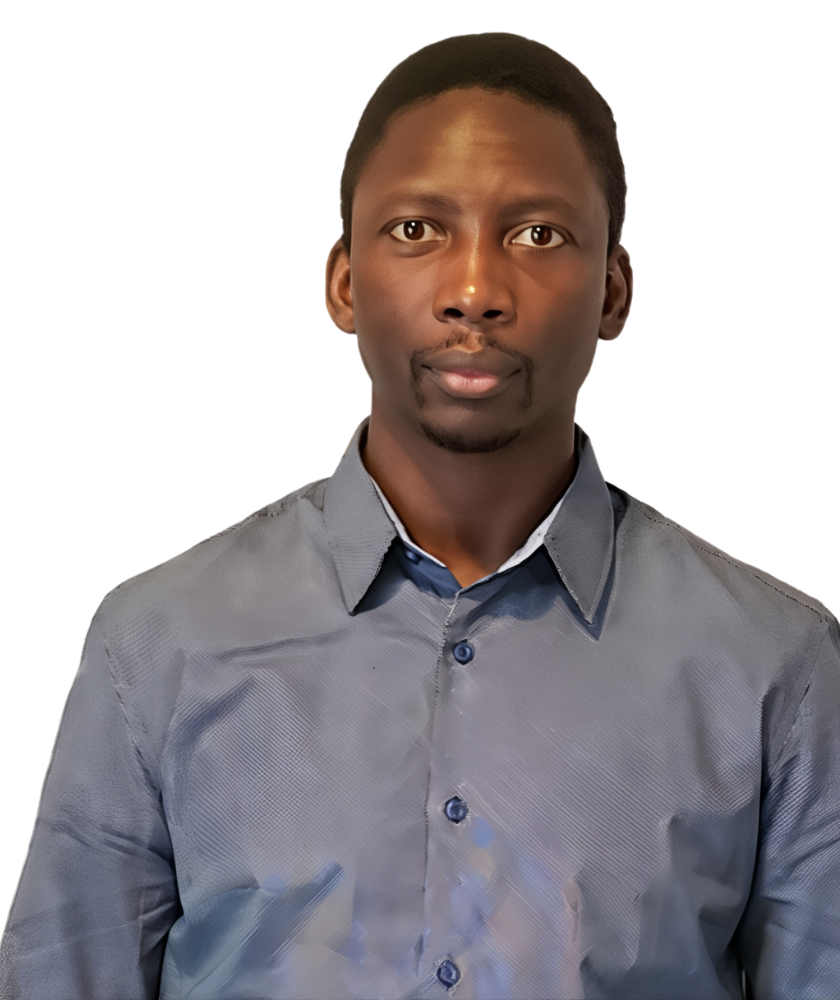Unpain Podcast
Episode #16
Why Cortisone Shots May Not Be Your Best Bet! Exploring Alternative Therapies for Pain Relief


Introduction
In the pursuit of pain relief, cortisone shots are a common quick-fix solution that many patients consider. However, understanding the broader implications of cortisone and exploring alternative therapies can lead to more sustainable and healthier outcomes. This article delves into why cortisone shots may not always be the best option and highlights alternative treatments such as physiotherapy and shockwave therapy.
Understanding Cortisone Shots
Cortisone belongs to a class of drugs known as corticosteroids. These drugs are widely used in medical practice to suppress immune responses and reduce inflammation. They are often prescribed for various conditions, including rheumatoid arthritis, asthma, and severe joint pain. The primary mechanism of cortisone in musculoskeletal conditions is to reduce inflammation and pain by suppressing the immune response.
The Drawbacks of Cortisone Shots
While cortisone shots can provide temporary relief from pain, they do not address the underlying structural issues causing the pain. Here are some key reasons to reconsider cortisone as the first line of treatment:
1. Temporary Relief: Cortisone shots treat symptoms rather than the root cause of the pain. This means any relief experienced is likely to be short-lived.
2. Potential for Adverse Effects: Long-term use of cortisone can lead to several serious side effects, including:
The Role of Alternative Therapies
Physiotherapy
Physiotherapy is a noninvasive approach that can address the underlying causes of pain through targeted exercises and manual therapy. It aims to improve mobility, strengthen muscles, and restore function.
Shockwave Therapy
Shockwave therapy uses particular acoustic waves to stimulate healing in affected tissues. This therapy has several advantages over cortisone shots:
Case Studies Highlighting the Risks of Cortisone
In a clinical setting, there have been instances where patients experienced severe adverse effects from cortisone shots. For example, a patient developed multiple joint arthritis and infective endocarditis, a life-threatening condition requiring valve replacement surgery, after receiving a cortisone shot. Such cases underscore the importance of considering safer, long-term treatment options.
Conclusion
Cortisone shots may offer a quick fix for pain, but they come with significant risks and do not provide a lasting solution. Alternative therapies like physiotherapy and shockwave therapy not only address the underlying issues but also promote long-term healing and health. Patients are encouraged to explore these safer and more effective options before opting for cortisone shots.
Chapters
Key Takeaways
ABOUT THE HOST
Jillian Heck
Jillian Heck is the Clinic Manager at Unpain Clinic, a position she has held since September 2020. In this role, she oversees daily operations, ensuring that patients receive exceptional care and that the clinic runs efficiently. Her leadership and organizational skills have been instrumental in enhancing the clinic’s services and patient satisfaction.
Before joining Unpain Clinic, Jillian gained valuable experience in the real estate industry. She worked with RE/MAX Elite for over three years, where she developed strong client relations and project management skills. This diverse background has equipped her with a unique perspective on customer service and operational excellence.
Jillian’s commitment to holistic health and wellness aligns with Unpain Clinic’s mission to provide innovative, non-invasive pain management solutions. Her dedication to continuous improvement and patient-centered care makes her a vital asset to the clinic and its community.
ABOUT THE GUEST
Jide Olabode
Jide is a Registered Physiotherapist with over 18 years of experience in various healthcare settings, including rural healthcare, private practice, acute care, critical care, and burns rehabilitation. With a postgraduate degree in Public Health, he has developed a strong interest in healthcare delivery beyond clinical practice. Additionally, he is passionate about educating and training health professionals, ensuring they refine their skills while upholding industry best practices.
Originally from Nigeria, Jide graduated with honors before moving to Canada in 2004. Since then, he has remained dedicated to helping others, even beyond his immediate circle. After becoming certified in Canada, he began mentoring international physiotherapists, guiding them through exam preparation and career development. While his expertise is primarily in critical care rehabilitation, he integrates multiple disciplines to enhance patient outcomes.
Colleagues describe Jide as an old soul who easily adapts to any team environment. He thrives in high-pressure settings while maintaining a calming presence, often diffusing stressful situations with ease. Moreover, he strongly believes in efficiency, and nothing unsettles him more than watching others stress over minor matters. Thanks to his ability to balance composure and adaptability, he is highly valued in critical care settings.
Jide’s caring nature is evident in his education, professional approach, and long-term goals. Having completed a Master’s in Public Health, he works closely with clients to prevent disease while researching innovative techniques to improve healthcare outcomes. Furthermore, his commitment to continuous learning ensures that his patients benefit from the latest advancements in physiotherapy and rehabilitation.
Colleagues and clients alike recognize Jide as a dedicated clinician who is bothdirect and approachable. He deeply cares about helping his patients achieve a better quality of life. Inspired by Elon Musk and Nelson Mandela, he hopes to leave a lasting legacy—one that enhances global health outcomes, reforms healthcare policies, and introduces regenerative medical technologies. Ultimately, he wants to be remembered as someone who made a difference and always brought a smile to others.
Jide currently works full-time in the University of Alberta Hospital’s Intensive Care Unit while also offering his services at Unpain Clinic in the evenings. Returning to private practice at Unpain allows him to leverage innovative treatment tools and philosophies, which, in his opinion, create a more significant impact compared to traditional approaches.
Outside of work, Jide leads an active lifestyle. He enjoys playing soccer and jiujitsu, riding hisbicycle in the summer, and engaging in chess and music. A former artist, he appreciates creativity in all forms. Most importantly, he is a dedicated husband and father, cherishing family time and watching TV with his kids.